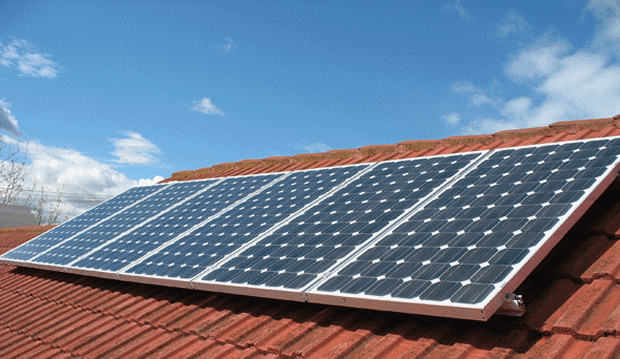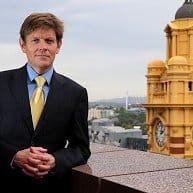Solar systems could be the best way for South Australian households to avoid rising power prices.
That’s the opinion of energy economist and Director of Carbon and Energy Markets (CME), Dr Bruce Mountain.
Recently, Dr Mountain published data that found Australia’s power prices had risen sharply since June. South Australia’s are now the highest in the world.
Data prepared by Dr Mountain and seen by Energy Matters shows South Australia’s retail price per kWh (post-tax) at 47.1 cents.
Next in line is Denmark, at 44.7 cents, while in Estonia the cost of power is only 17.1 cents.
NSW and Queensland electricity prices are 39.1 and 35.6 cents respectively.
Cheaper for some Australians to go ‘off grid’
Dr Mountain said a tipping point was approaching, one where it would be cheaper for some people to generate their own electricity.

“It is already cheaper for households with a north-facing roof to meet their own supply with a combination of battery and solar,” he told the Adelaide Advertiser this week.
However, speaking to Energy Matters, Dr Mountain said the issue of electricity prices was complex and no single factor was responsible for rising costs.
He said state government ownership of some power distributors made the situation even more difficult. That’s because state government intervention on electricity prices can affect their own revenues.
Clean Energy Target crucial to energy future
The new data on power prices comes as the Clean Energy Council urges the Federal Government to adopt a Clean Energy Target.
The current Renewable Energy Target (RET) program runs out in 2020. However, the government continues to prevaricate over a new policy.
Mr Thornton said bipartisan support for the 2020 Renewable Energy Target currently provides this confidence. It does this through providing solar power rebates to householders and encouraging home battery storage.
Clean Energy Council executive director Kane Thornton said the RET gave clear guidelines for new energy investment. But he said investment will stall before 2020 “unless future policy certainty is established”.
Mr Thornton said the Finkel Review’s Clean Energy Target should be adopted as the way forward by both major parties.
“We urge the Australian Government to support a Clean Energy Target that will provide investment confidence for much needed new electricity generation,” he said.












































